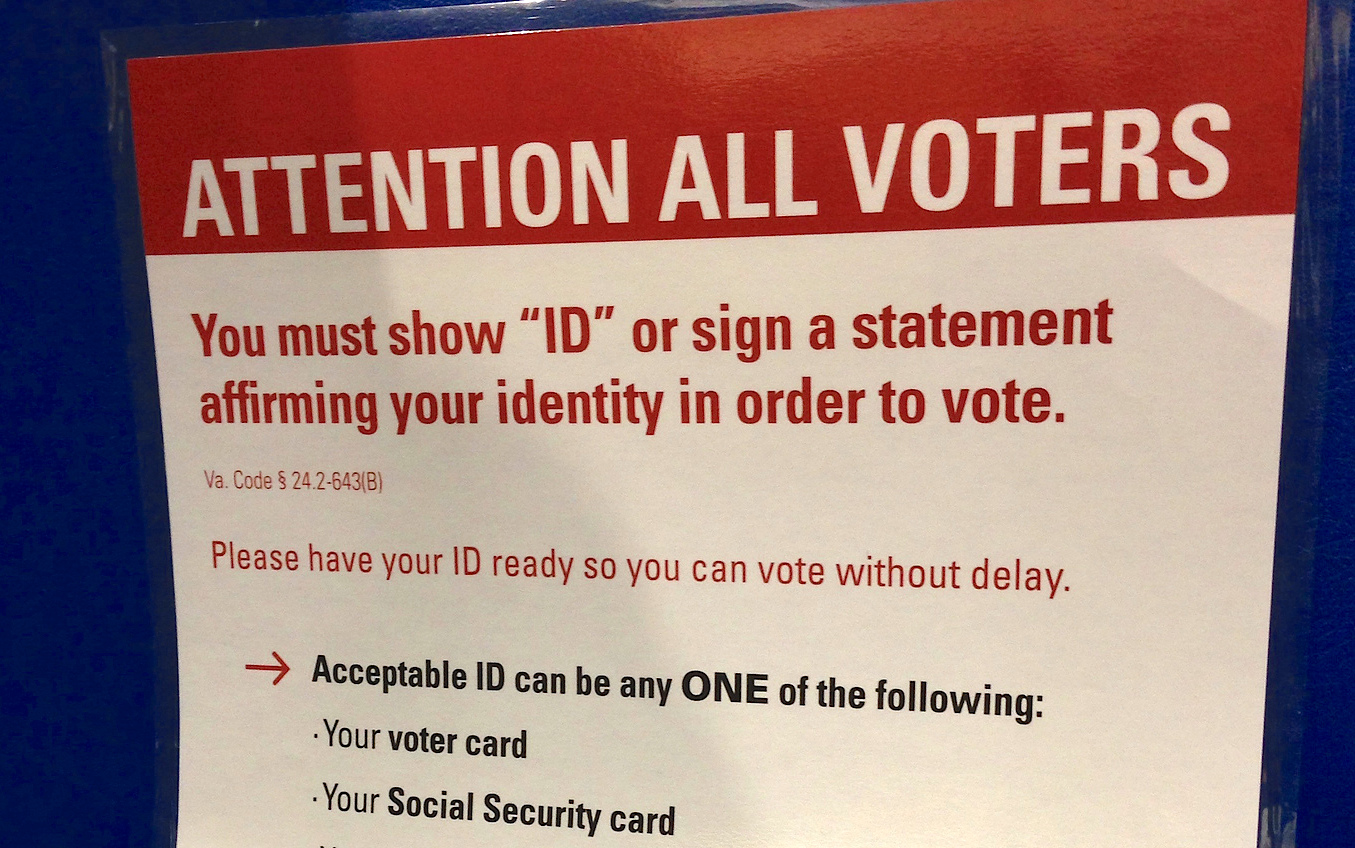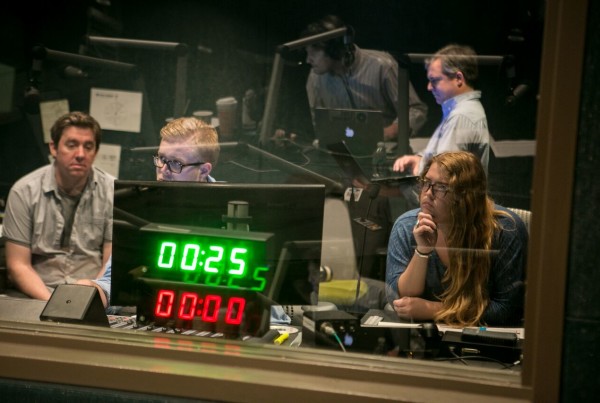The appeals court sent the State’s voter ID law back to a lower court for reconsideration and remediation today, decided that it does indeed violate the U.S. Voting Rights act of 1965. But reports that it’s been struck down may be premature. With voting set for this November, the questions remains: Where does that leave Texas voters?
Joining us is Rick Hasen, Professor of Law and Political Science at the University of California
On the “tough” Texas voter ID laws:
It’s true that every state requires some form of identification in order to vote, but in some places it might just be your signature, like it is in out in California where I am. Texas’s law is considered stricter because not only does it require photographic identification… there’s only a limited set of IDs that are allowed. So if you don’t have one of those, even if you have other forms of ID, you’re not allowed to vote.
On the key question before the court:
If lots of people don’t have that ID, and if people that don’t have that ID tend to be poor, and if the people who tend to be poor in Texas tend to be of racial minorities and ethnic minorities, does that violate the Voting Rights Act?
On discriminatory impact:
If there’s just effect, which is where it looks like things are heading, then the ID law can probably continue to be used. But the law might be tweaked to create some exemptions or exceptions on types of ID that… people who might be affected by this [law] could show instead of the narrow band of IDs that Texas law allows.
On Attorney General Ken Paxton’s statement that the law will remain in effect:
The court found that the voting rights act was violated by the ID law [and] it doesn’t give any indication as to what next steps Texas might take — such as appealing to the entire 5th circuit or going to the U.S. Supreme Court. But I think he’s correct in saying that the law is in effect right now… Whether [it] will be in effect in 2016 is a big open question.
















